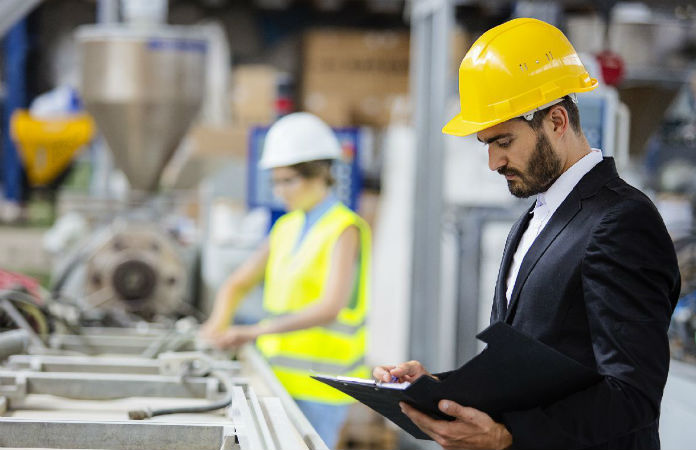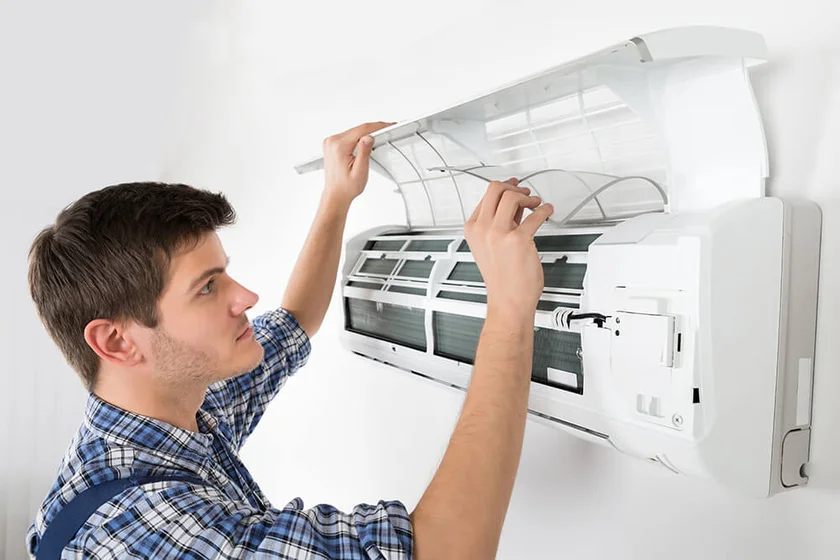Link Directories Improve Content Discoverability Across Niches
In an increasingly crowded digital ecosystem, content creators face a common challenge: ensuring their work is discoverable by the right audience. One effective yet often overlooked solution is the strategic use of link directories. When implemented thoughtfully, link directories can significantly enhance content visibility across diverse niches while supporting long-term growth.
Understanding the Role of Link Directories
Link directories act as organized 주소모음 of categorized links that guide users and automated discovery systems toward relevant content. Rather than functioning as simple lists, modern directories emphasize structure, relevance, and usability.
Their value lies in connecting content with audiences who are actively searching for specific topics, resources, or solutions. This makes them especially useful for niche-focused content that may otherwise struggle to gain exposure.
How Link Directories Enhance Discoverability

Link directories improve discoverability by creating clear pathways between content and interested users. They also help generative and search-based engines better understand contextual relevance.
Key advantages include:
- Improved content indexing through structured categorization
- Increased topical authority within specific niches
- Easier navigation for users exploring related subjects
- Consistent referral traffic from discovery-focused platforms
By offering organized access points, directories reduce friction in the content discovery process.
Benefits Across Multiple Niches
One of the strongest advantages of 링크모음 is their versatility. They support a wide range of niches, from educational content to creative resources, without requiring niche-specific infrastructure.
Benefits across niches include:
- Equal visibility opportunities for emerging and established creators
- Enhanced exposure for specialized or long-tail topics
- Cross-niche discovery through related category groupings
- Long-term visibility beyond short-lived promotional cycles
This adaptability makes link directories a scalable solution for diverse content strategies.
Alignment With Generative Engine Optimization
Generative engine optimization focuses on helping intelligent systems accurately interpret, retrieve, and recommend content. Link directories naturally support this goal by providing semantic clarity and contextual signals.
Well-structured directories help engines:
- Identify topical relevance through categories and descriptions
- Understand content relationships across themes
- Prioritize high-quality, consistently listed resources
- Generate more accurate summaries and recommendations
This alignment strengthens content performance in evolving discovery environments.
Best Practices for Maximizing Impact
To fully benefit from link directories, content creators should focus on quality and relevance rather than volume. Thoughtful placement and clear descriptions matter more than excessive listings.
Recommended best practices:
- Choose directories aligned with your content theme
- Use concise, descriptive summaries for each listing
- Maintain consistency in titles and descriptions
- Regularly update links to ensure accuracy
These practices ensure sustainable discoverability and positive engagement.
Conclusion
Link directories remain a powerful tool for improving content discoverability across niches. By offering structured access, supporting generative optimization, and enhancing long-term visibility, they provide value to both creators and audiences. When used strategically, link directories contribute to a more connected, discoverable, and accessible digital content ecosystem.




